Stress is because of loans already on PSB balance sheets and not due to level of interest rates: Raghuram Rajan
Updated: Jun 24, 2016 09:59:27am
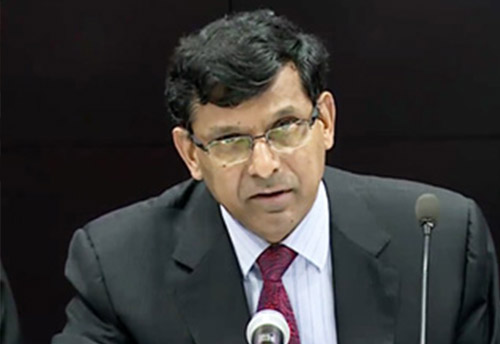
Stress is because of loans already on PSB balance sheets and not due to level of interest rates: Raghuram Rajan
Bengaluru, June 24 (KNN) Arguing that the slowdown in credit growth has been largely because of stress in the public sector banking and not because of high interest rates, RBI Governor Raghuram Rajan said rather than an across-the-board shrinkage of public sector lending, there seems to be a shrinkage in certain areas of high credit exposure, specifically in loans to industry and to small enterprises (SMEs).
RBI chief further said that that it is not the level of interest rates that is the problem. Instead, stress is because of the loans already on PSB balance sheets, and their unwillingness to lend more to those sectors to which they have high exposure.
Rajan said this here on Wednesday during an interactive meet with Industry & Trade organized by ASSOCHAM on ‘Resolving Stress in the Banking System’.
“I will argue that the slowdown in credit growth has been largely because of stress in the public sector banking and not because of high interest rates. As such, what is required is a clean-up of the balance sheets of public sector banks, which is what is underway and needs to be taken to its logical conclusion. Specifically, I will describe what we have been doing in India to change the culture surrounding the loan contract,” Rajan said.
According to a data, public sector bank non-food credit growth has been falling relative to credit growth from the new private sector banks (Axis, HDFC, ICICI, and IndusInd) since early 2014. This is reflected not only in credit to industry but also in micro and small enterprise credit, he pointed.
The relative slowdown in credit growth, albeit not so dramatic, is also seen in agriculture, though growth is picking up once again. Whenever one sees a slowdown in lending, one could conclude there is no demand for credit – firms are not investing. But what we see here is a slowdown in lending by public sector banks vis a vis private sector banks. Why is that?, Rajan said referring to the data.
The RBI chief further said that the immediate conclusion one should draw is that this is something affecting credit supply from the public sector banks specifically; perhaps it is the lack of bank capital.
“Yet if we look at personal loan growth, and specifically housing loans, public sector bank loan growth approaches private sector bank growth. The lack of capital therefore cannot be the culprit,” he said referring to the data.
Rather than an across-the-board shrinkage of public sector lending, there seems to be shrinkage in certain areas of high credit exposure, specifically in loans to industry and to small enterprises. The more appropriate conclusion then is that public sector banks were shrinking exposure to infrastructure and industry risk right from early 2014 because of mounting distress on their past loans, he emphasized.
Private sector banks, many of which did not have these past exposures, were more willing to service the mounting demand from both their traditional borrowers, as well as some of those corporates denied by the public sector banks.
Given, however, that public sector banks are much bigger than private sector banks, private sector banks cannot substitute fully for the slowdown in public sector bank credit.
“We absolutely need to get public sector banks back into lending to industry and infrastructure, else credit and growth will suffer as the economy picks up,” he said.
He further said that it is not the level of interest rates that is the problem. Instead, stress is because of the loans already on PSB balance sheets, and their unwillingness to lend more to those sectors to which they have high exposure.
There are two sources of distressed loans – the fundamentals of the borrower not being good, and the ability of the lender to collect being weak. Both are at work in the current distress, Rajan said. (KNN Bureau)

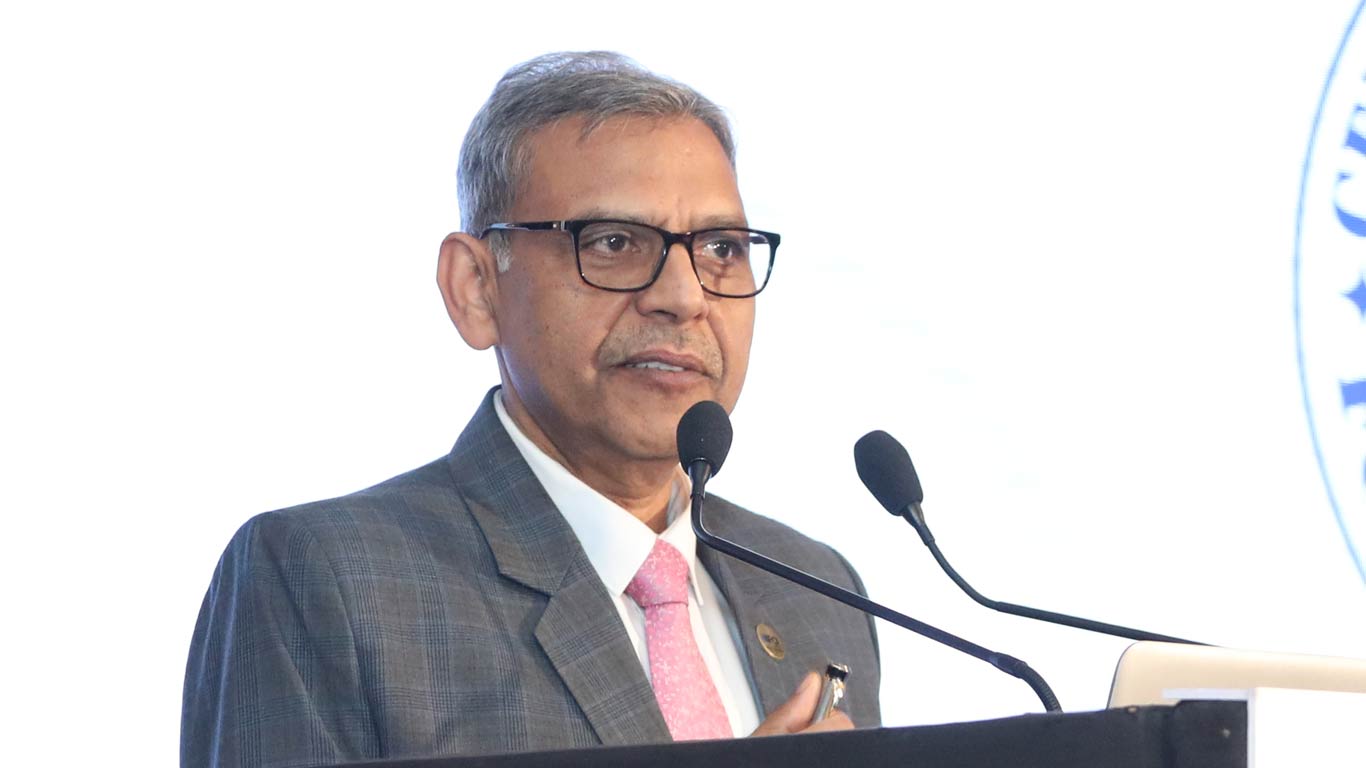
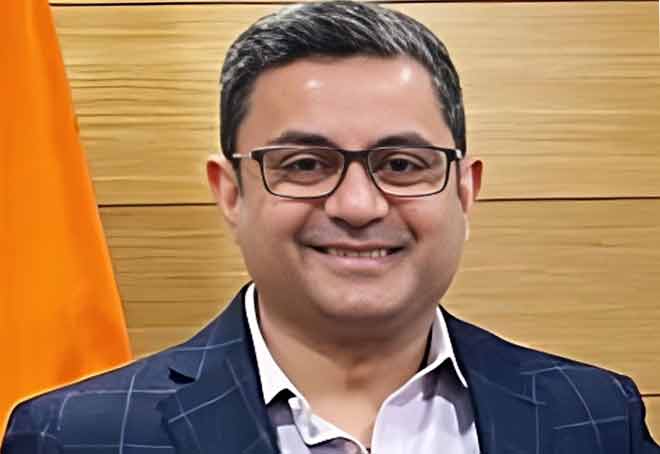

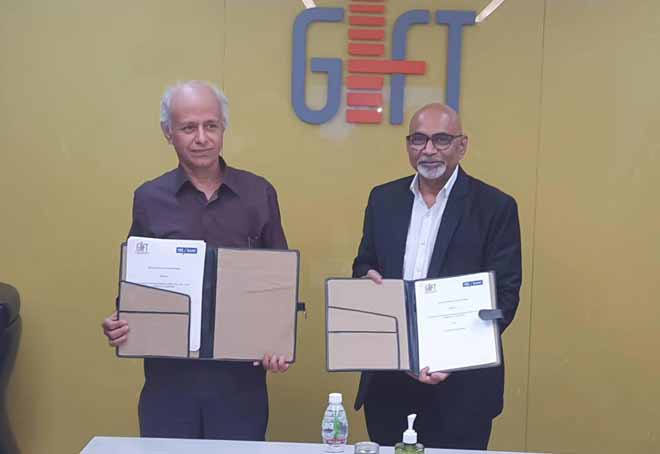
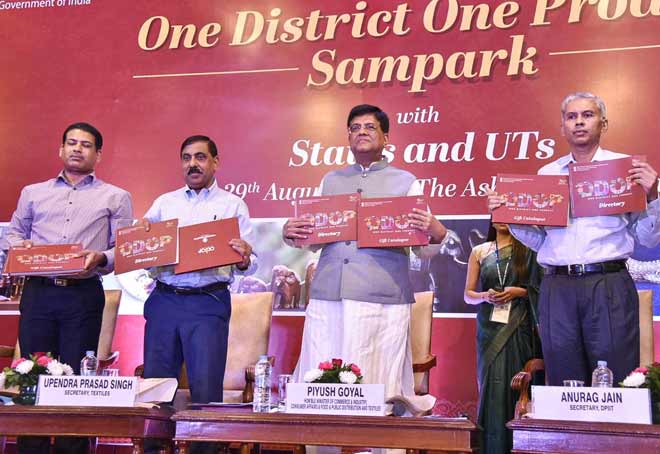






